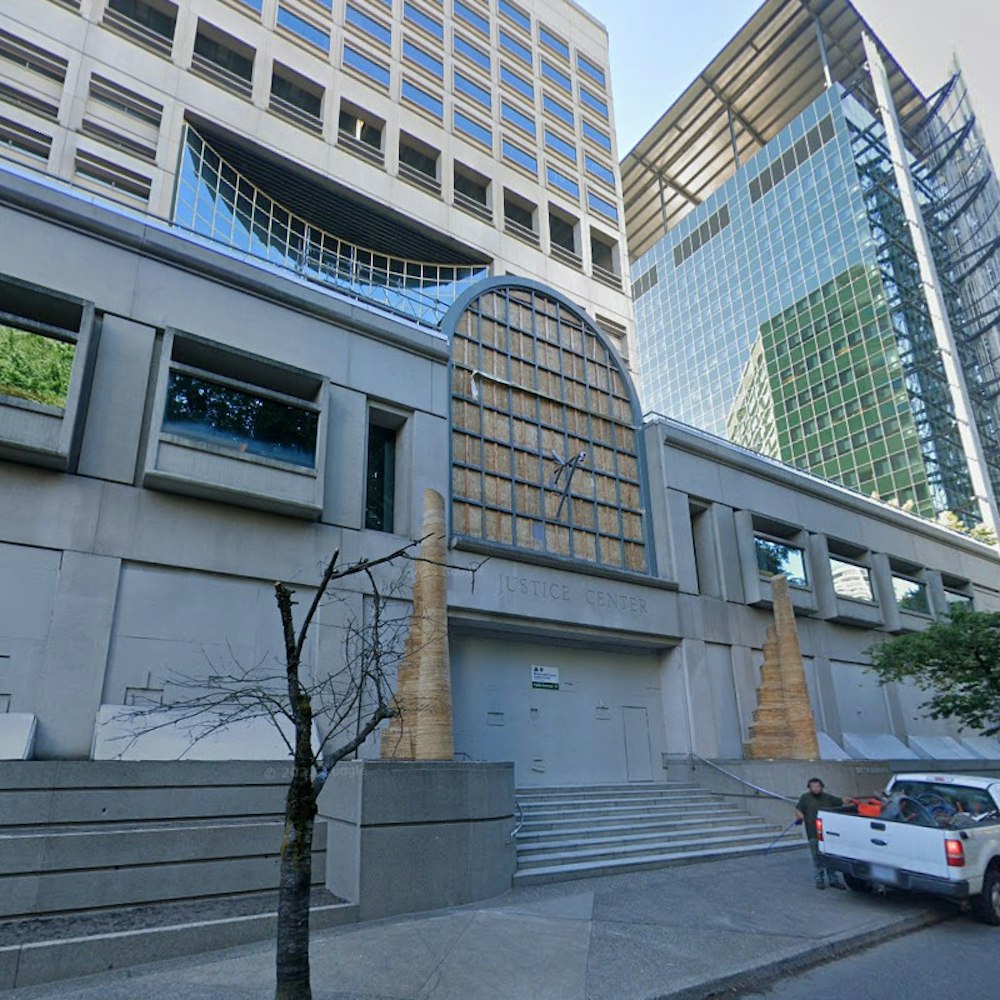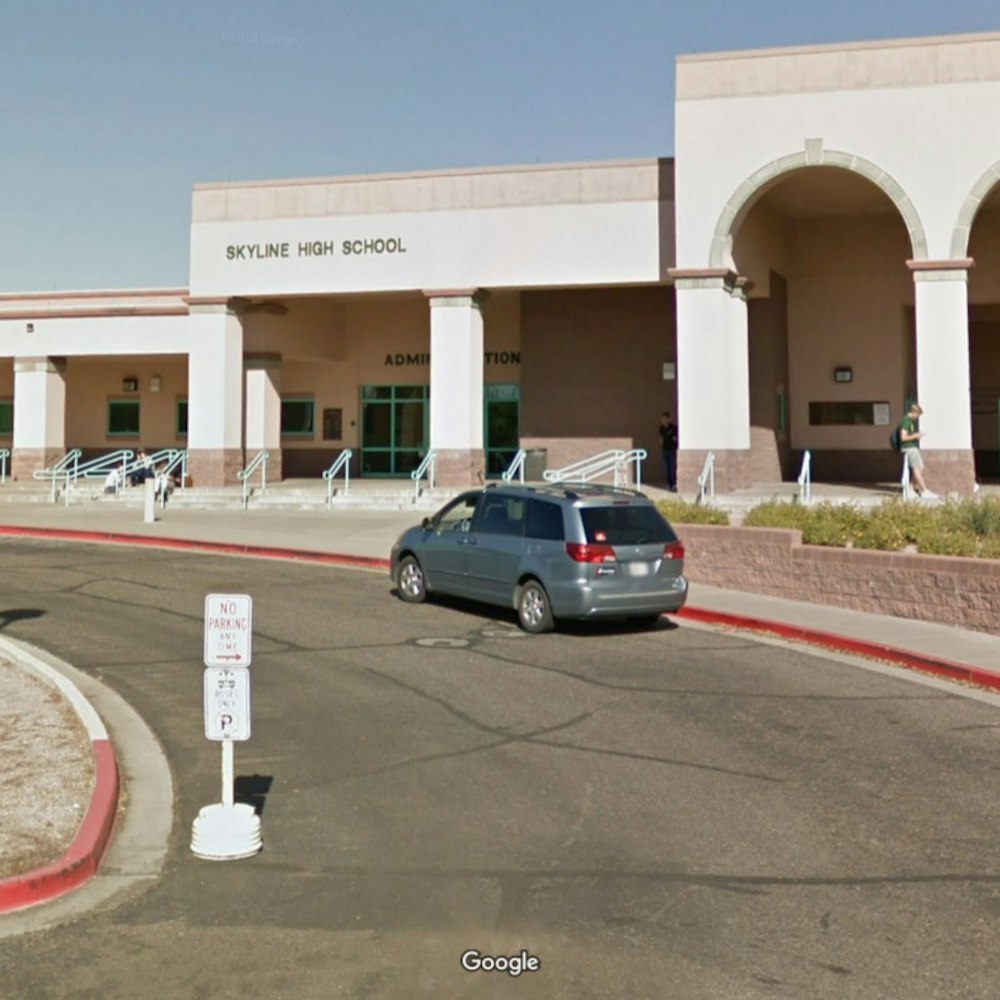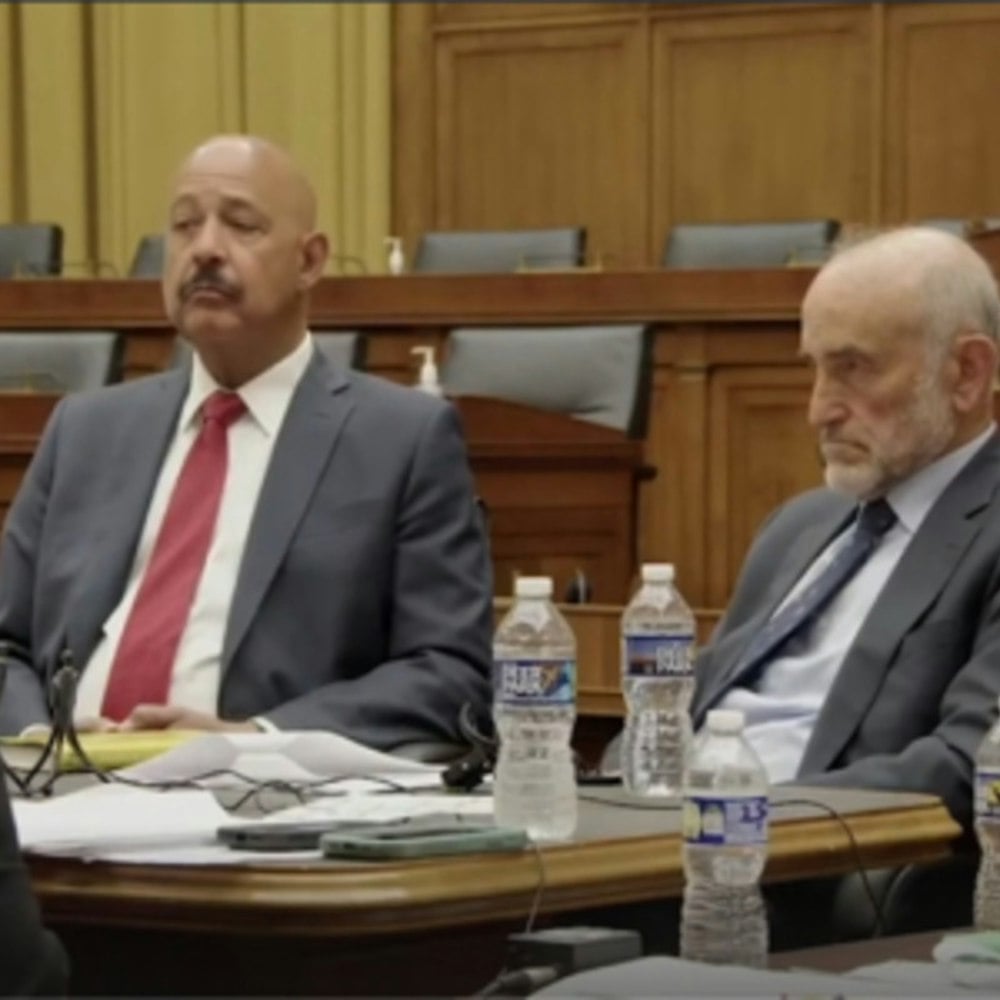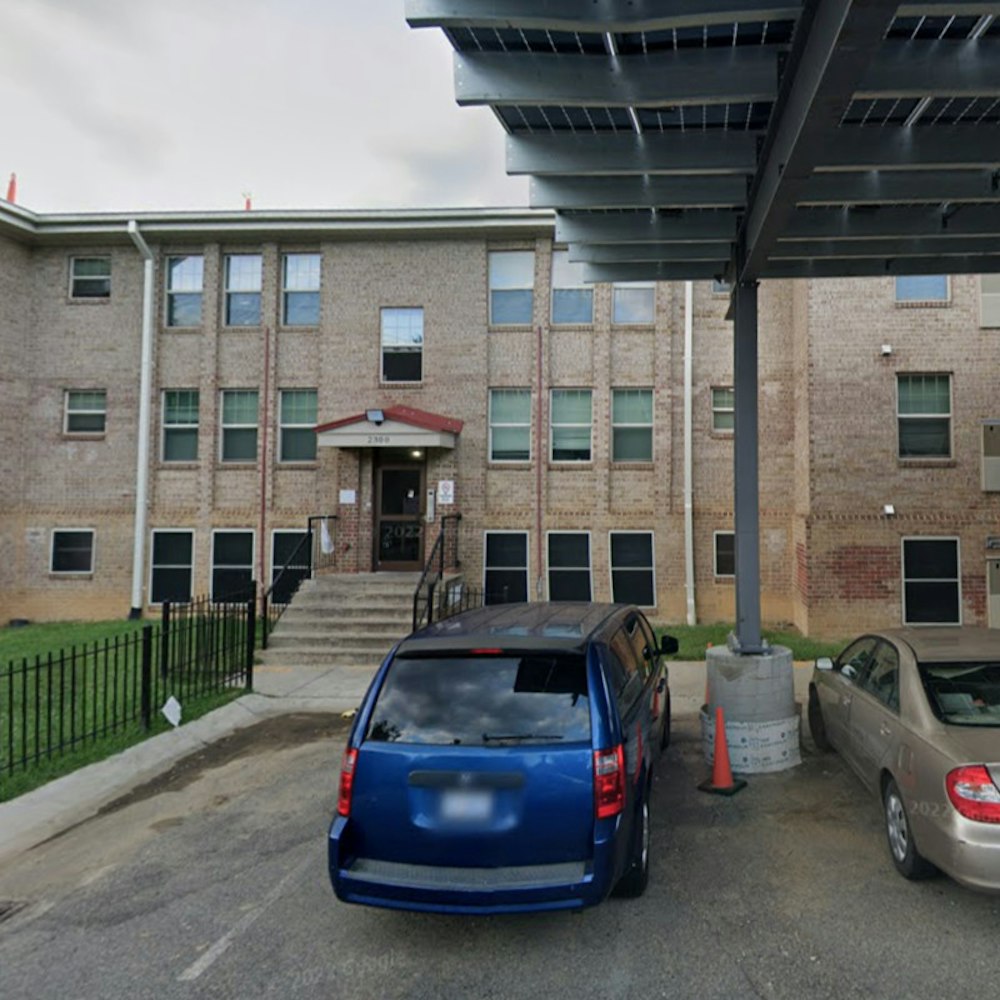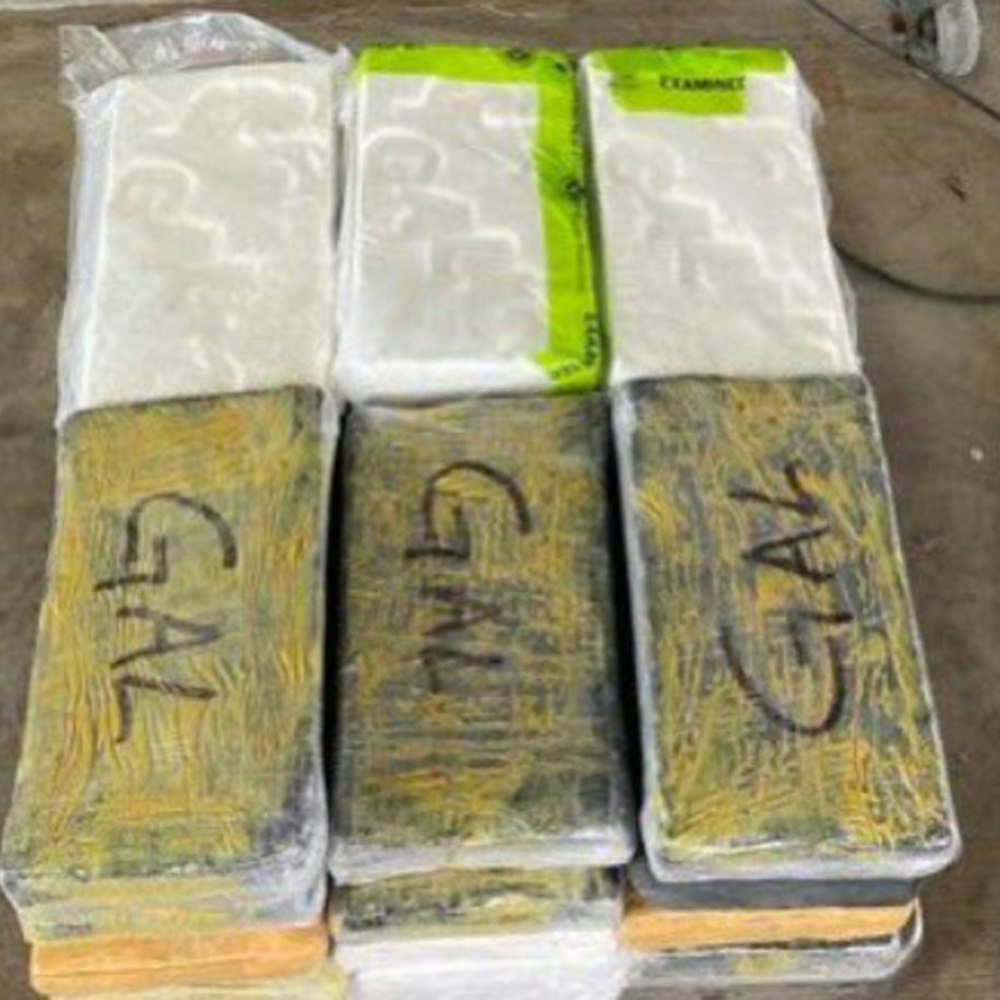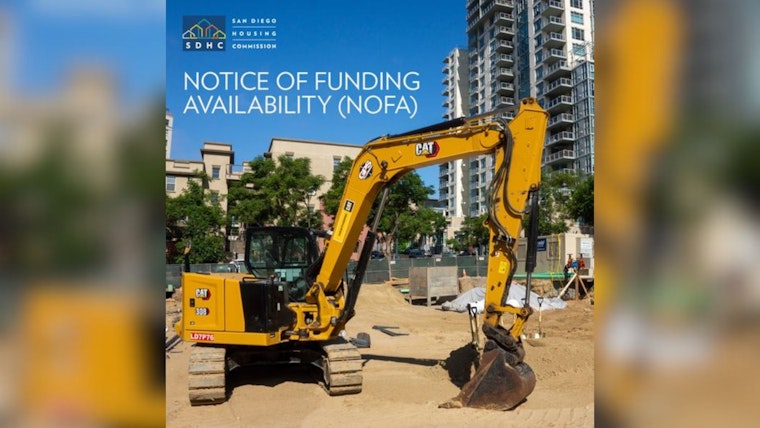
On Tuesday, the San Diego Housing Commission (SDHC) announced the availability of up to $29 million in funding and 100 Veterans Affairs Supportive Housing (VASH) vouchers, aimed at creating affordable rental housing units in the city to alleviate the housing crisis. According to the SDHC's news release, the funds will be awarded to developers through a competitive application process, and the created housing units will be required to remain affordable for at least 55 years for households with low income.
“San Diego’s housing crisis compels us to do everything we can to make it easier to build homes that San Diegans can afford. The San Diego Housing Commission’s move to make $29 million available to help builders leverage additional funding sources will allow us to create hundreds more affordable homes. The City Council and I will put this investment to work as quickly as possible,” said Mayor Todd Gloria in the SDHC press release.
The funding announcement comes simultaneously with the City of San Diego's allocation of $20 million for affordable housing through its Bridge to Home program. Council President Pro Tem Monica Montgomery Steppe emphasized the importance of prioritizing veterans and low-income families when addressing the city's housing affordability crisis, as quoted by the SDHC's news release.
Developers seeking to create affordable housing often require multiple sources of financing to overcome the high development costs that typically are not covered by other governmental and private funding sources. By providing up-front funding and demonstrating local investment and support, the SDHC's allocation helps affordable housing projects become more competitive for state and other outside resources.
To summarize the key aspects of SDHC's funding announcement, up to $10 million and 100 VASH vouchers will be used to create affordable rental housing units with supportive services for San Diegans experiencing homelessness, according to the same news release. Moreover, up to $19 million will be dedicated to creating affordable rental housing for San Diegans with low income, specifically those with income up to 60 percent of San Diego’s Area Median Income (AMI), currently $82,680 for a family of four.
SDHC’s funding is expected to help support the creation of approximately 100 new affordable units for people experiencing homelessness and about 190 new affordable units for households with low income. This initiative adds to the more than 23,000 affordable housing units currently in service in the City of San Diego that have benefited from SDHC-supported loans, bond financing, land use programs, acquisitions and development, and/or monitoring for compliance with applicable regulations.
For approximately 30 years, the SDHC has awarded funds as loans to affordable housing developments, an investment that is repaid over time, depending on the cash flow from the property’s revenue. Currently, the SDHC’s portfolio of outstanding loans for multifamily affordable housing developments consists of 127 loans totaling $398.3 million, which have supported the development of 7,831 affordable housing units.
The NOFAs released by the SDHC are accessible through their Vendor Portal on PlanetBids, which can be directly visited from the SDHC's website. It is important to note that the NOFAs are separate from, and in addition to, the funds made available by the City of San Diego for affordable housing development through the Bridge to Home program, which was launched in 2021. Mayor Todd Gloria announced the latest round of Bridge to Home funding, amounting to $20 million, on August 10.
In addition to awarding development loans and vouchers, SDHC is involved in various other aspects of creating and preserving affordable housing, such as Multifamily Housing Revenue Bonds, recycled bonds, loan administration, environmental clearance processes, administration of land use programs, and ongoing compliance monitoring. Their website, www.sdhc.org, provides additional information on these efforts and initiatives.


